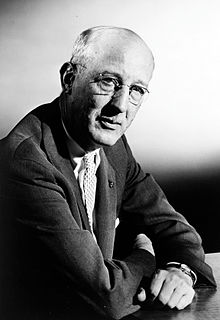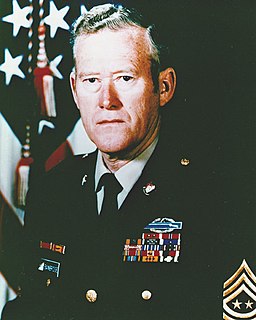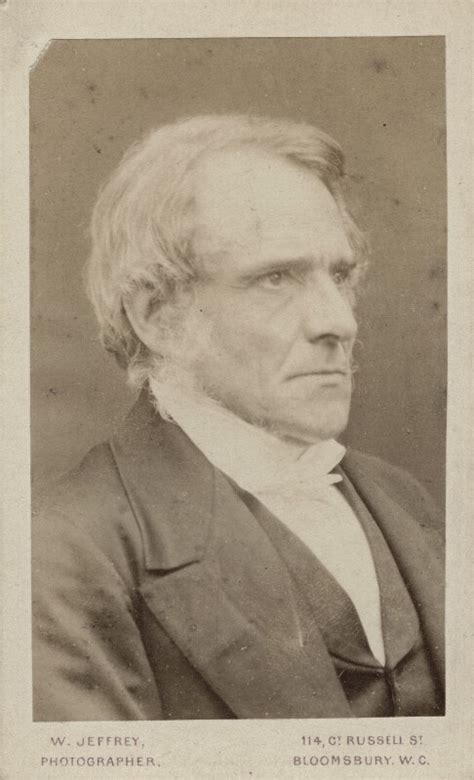A Quote by Groucho Marx
Now that you're Secretary of War, what kind of an army do you think we ought to have?
Related Quotes
The goal of the corps of NCOs, whose duty is the day-to-day business of running the Army so that the officer corps has time to command it, is to continue to improve our Army at every turn. We want to leave it better than we found it. Regardless of the kind of unit you're in, it ought to be an "elite" outfit, because its NCOs can make it one.
Now that I've seen what war is, what civil war is, I know that everybody, if one day it should end, ought to ask himself: "And what shall we make of the fallen? Why are they dead?" I wouldn't know what to say. Not now, at any rate. Nor does it seem to me that the others know. Perhaps only dead know, and only for them is the war really over.
The truth is, the whole administration under Roosevelt was demoralized by the system of dealing directly with subordinates. It wasobviated in the State Department and the War Department under [Secretary of State Elihu] Root and me [Taft was the Secretary of War], because we simply ignored the interference and went on as we chose.... The subordinates gained nothing by his assumption of authority, but it was not so in the other departments.
Your little army, derided for its want of arms, derided for its lack of all the essential material of war, has met the grand army of the enemy, routed it at every point, and now it flies, inglorious in retreat before our victorious columns. We have taught them a lesson in their invasion of the sacred soil of Virginia.
Living in the now is freedom from all problems connected with time. You ought to remember that sentence, you ought to memorize it, and ought to take it out, you ought to practice it, you ought to apply it. And most of all, you ought to rejoice in it because you have just heard how not to be wretched, miserable you any more but to be a brand new, and forever brand new man or woman.
[Camillo] Berneri proposed that the anarchists should link up with the effort of Northern Africa to overthrow the Spanish government, carry out land reform, attract the base of the Moorish army, and see if they could undermine [Francisco] Franco's army through political warfare in Northern Africa combined with guerrilla warfare in Spain. Historians laughed at that, but I don't think they should have. This was the kind of war that might have succeeded in stopping Spanish fascism.


































